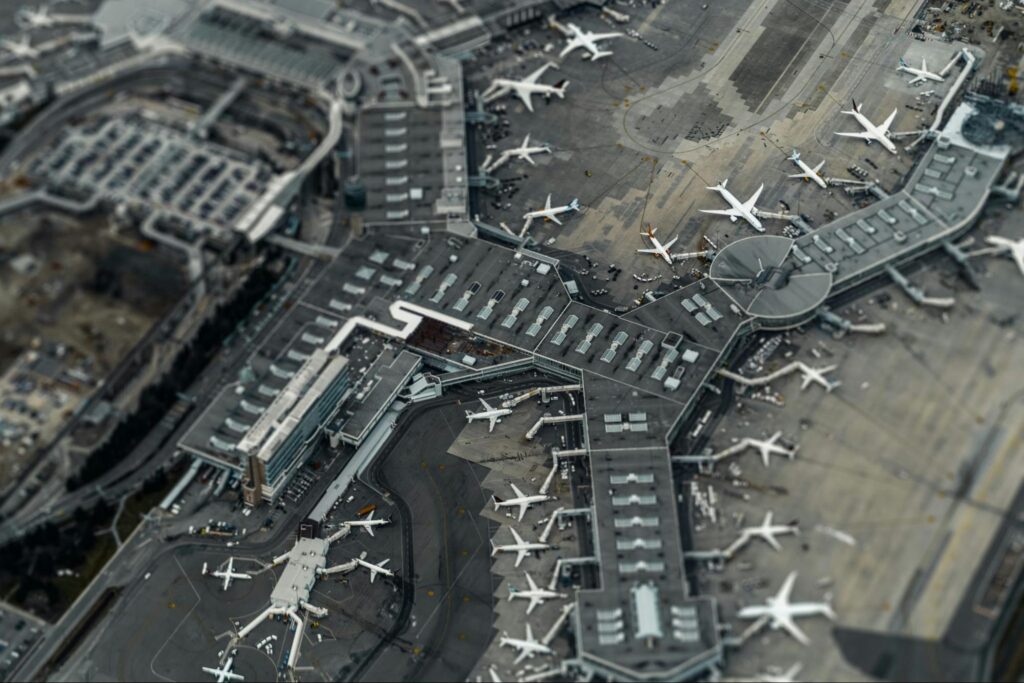Border security is foundational to a nation’s stability, particularly in regions where porous borders can pose significant challenges. In Sierra Leone, a nation rich with cultural diversity and burgeoning economic potential, securing its borders is paramount for sustainable growth and national safety. Traditional approaches to border security often fall short in the face of evolving threats.
Enter the concept of innovative alliances—a paradigm shift redefining how Sierra Leone and other nations approach border security challenges. These alliances offer a fresh perspective, leveraging technology and strategic partnerships to fortify borders effectively. Delving into the transformative role of these innovative alliances reveals their impact on reshaping Sierra Leone’s border security strategies.
The Current Landscape of Border Security in Sierra Leone
Sierra Leone, nestled on the western coast of Africa, faces many challenges in safeguarding its borders. The nation’s border security landscape is characterized by a multitude of factors, from its diverse terrain to the persistent threats of smuggling, trafficking, and illegal migration. Limited resources and the inadequacies of traditional border security methods compound these challenges.
Historically, Sierra Leone, like many nations, has relied on conventional approaches such as manual inspections and patrols. While these methods have been the cornerstone of border security efforts, they are increasingly proving inadequate against modern threats. The vast and varied nature of Sierra Leone’s borders presents logistical hurdles, making it difficult to maintain comprehensive monitoring and control.
The evolving nature of illicit activities demands a shift towards more adaptive and technologically-driven solutions. The need for real-time data analysis, rapid identification of potential threats, and seamless coordination among agencies has never been more crucial.
The Power of Collaboration: Public-Private Partnerships
Public-private partnerships (PPPs) are powerful tools in border security. They offer a collaborative approach that combines the strengths of government agencies and private entities. In essence, PPPs involve a mutually beneficial relationship where public institutions and private companies join forces to achieve common objectives, such as improving security and efficiency at border crossings.
Across various regions and industries, PPPs have demonstrated remarkable success stories. The synergy created by these partnerships has led to innovative solutions and improved outcomes, from infrastructure projects to technology advancements. For border security specifically, examples abound, ranging from deploying advanced screening technologies to developing integrated information-sharing systems.
“In the context of Sierra Leone, harnessing the power of PPPs holds immense potential for enhancing border security,” says an executive at Securiport Sierra Leone, a global leader in border security. “By leveraging the expertise, resources, and innovation of private sector partners, like Securiport, the government continues to bridge gaps in its capabilities.”
This includes access to cutting-edge technologies for border surveillance, streamlined data analysis processes, and specialized personnel training. PPPs offer a pathway to cost-effective solutions, as the financial burden can be shared between public and private entities. This maximizes the impact of available resources and fosters a culture of collaboration and innovation.

Photo: Unsplash.com
Leveraging Technology for Enhanced Surveillance
In the pursuit of bolstering border security, the integration of advanced technologies has emerged as a game-changer. From drones soaring over rugged terrains to biometric systems enabling precise identification, the arsenal of tools available today holds immense promise for Sierra Leone’s security apparatus.
Drones with high-resolution cameras and real-time monitoring capabilities offer unprecedented aerial surveillance. These unmanned aerial vehicles can cover vast expanses of border regions, providing valuable data to border control agencies. On the other hand, biometric technologies bring precision to identity verification, allowing authorities to swiftly identify and track individuals of interest.
Artificial Intelligence (AI) further enhances these capabilities by rapidly processing vast amounts of data. AI-powered systems can analyze patterns, detect anomalies, and predict potential security threats. This improves the effectiveness of surveillance and enables proactive responses to emerging risks.
The implementation of technology-driven solutions is not without its challenges. Factors such as initial investment costs, maintenance requirements, and the need for skilled personnel can pose hurdles. Additionally, ensuring data privacy and cybersecurity is paramount, especially when dealing with sensitive information.
As Sierra Leone navigates the landscape of innovative alliances, careful consideration of these technological advancements is essential. While the benefits are undeniable, a strategic approach to implementation, addressing challenges proactively, will be key to maximizing the potential of technology in enhancing border security.
Strengthening International Cooperation
Border security, by its very nature, transcends national boundaries, emphasizing the crucial role of international cooperation. In an increasingly interconnected world, the challenges faced by Sierra Leone’s borders often have regional and global dimensions. Addressing these challenges effectively requires a concerted effort among nations to share information, coordinate responses, and foster mutual trust.
Existing regional and international frameworks provide a solid foundation for such cooperation. Organizations like the Economic Community of West African States (ECOWAS) and the African Union (AU) have established mechanisms for member states to collaborate on security matters. These frameworks facilitate the exchange of best practices, joint training programs, and coordinated operations.
Opportunities abound for Sierra Leone to strengthen its ties with neighboring countries and international organizations. By actively participating in these forums, the nation can contribute its expertise while benefiting from its partners’ collective knowledge and resources. Bilateral agreements on information sharing, joint patrols, and capacity-building initiatives can significantly enhance border security capabilities.
In an era of evolving threats such as transnational crime and terrorism, seamless cross-border cooperation is more pressing than ever. By forging robust partnerships at the regional and international levels, Sierra Leone can bolster its defenses, deter illicit activities, and promote stability across its borders. As the nation embraces innovative alliances, fostering a culture of international collaboration will be integral to ensuring a secure and prosperous future.
Published by: Martin De Juan












